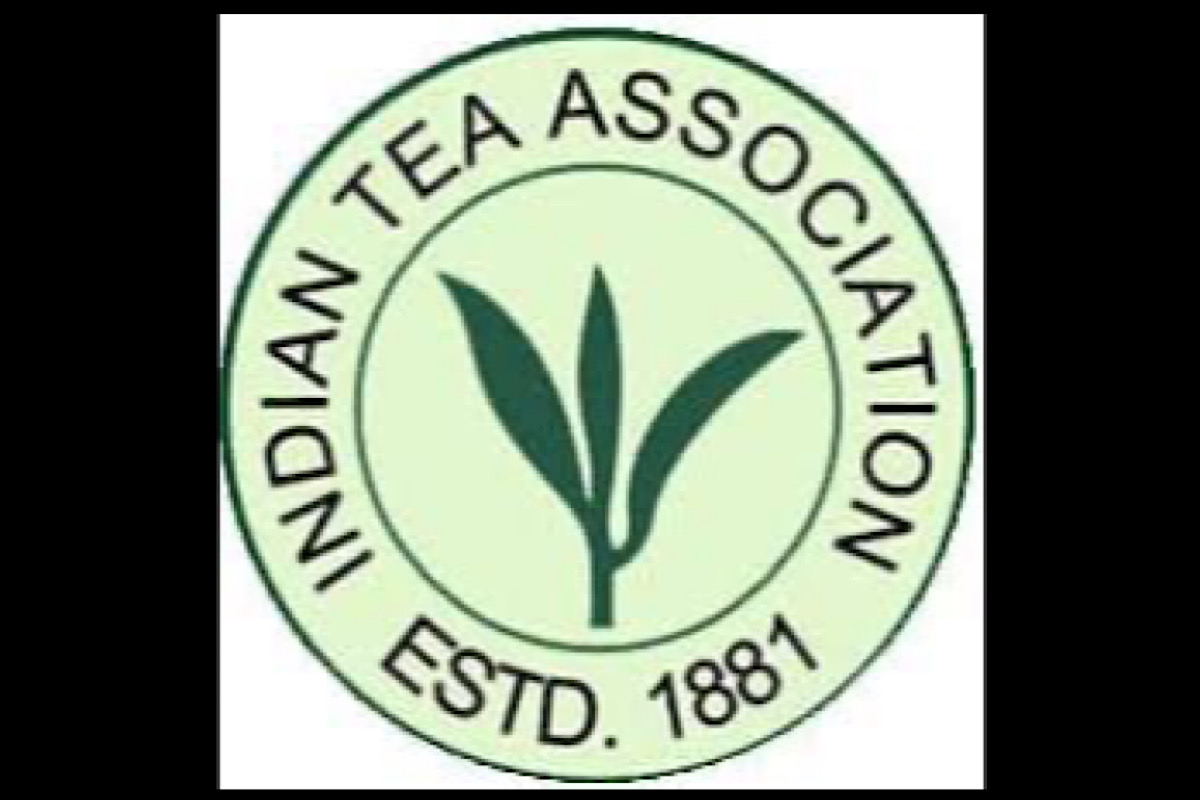Indian Tea Association chairman Hemant Bangur has underscored the pressing sustainability challenges facing the tea sector, emphasising that the industry’s economic viability is under strain. Rising costs and ‘unremunerative’ prices, compounded by adverse weather in Assam and Bengal, have made the situation even more challenging.
Speaking at the ITA’s 141st Annual General Meeting in Kolkata today, Mr Bangur pointed to a substantial crop decline in North India, down 63 million kilogram as of September, based on Tea Board data—negating marginal gains in domestic prices.
Advertisement
Mr Bangur also addressed shifts in the industry’s structure, where small tea growers and the organised sector coexist in a highly competitive environment. He stressed the need for a level playing field, advocating for relief in certain welfare obligations for the organised sector.
The chairman highlighted a steep increase in costs over the past decade, outpacing tea price growth. With tea prices growing at a compound annual growth rate (CAGR) of only 2.88 per cent compared to a 10-12 per cent rise in input costs, the industry has faced a prolonged crisis. He noted the global tea oversupply of 391 million kilograms in 2023 and called for strategic, collaborative efforts among major tea-producing countries to restore market balance.
Addressing workforce challenges, Mr Bangur spoke about labour shortages due to urban migration, urging the industry to adapt to changing demographics and focus on improving plantation productivity.
The chairman emphasised the need for innovation and promotion to appeal to younger consumers, urging stakeholders to unite in effective campaigns to boost domestic consumption. On quality and compliance, he reaffirmed the industry’s commitment to ensuring safe tea through stringent MRL (maximum residue level) compliance, praising efforts by the Assam and West Bengal governments and the Tea Board to strengthen this ecosystem for Indian teas’ brand equity.
On the export front, a 31-million-kilogram increase by August 2024 is a positive development. However, Mr Bangur called for a review of the recent reduction in RODTEP (remission of duties and taxes on export products) benefits from 1.7 per cent to 1.4 per cent and advocated for enhanced incentives to support orthodox tea production, which has strong international demand.











